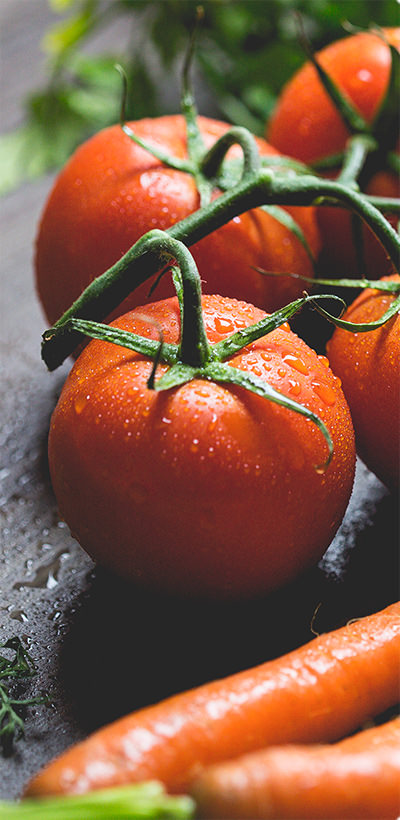Garden Huckleberries
Solanum scabrum. Highly productive. A member of the nightshade family, not a true wild huckleberry. They produce high yields of berries great cooked and sweetened. When ripe, berries on these 3’ plants will turn from glossy to dull black and begin to soften. Maturity 75-80 days from transplant. Approx. 50 seeds/pkg.
Scroll down for more details and growing information.

Details
Growing Information
Planting:
Garden Huckleberries are unrelated to the other species of the same name and belong to the nightshade family along with other common species like tomatoes. They are very susceptible to frost damage.
Start seeds indoors 6-8 weeks before the last frost date in your area. Sow 2-3 seeds in 1x1” cells and cover with ¼” soil. Provide a constant soil temperature of 21-26oC. Once seedlings have emerged, thin to 1 plant per cell. A grow light is recommended or the plants will become spindly.
After the plants have developed 1-2 sets of true leaves, transplant into 3” pots. Use a water soluble fertilizer every 2 weeks starting at half strength and increasing to full strength over 6 weeks.
Transplant after all danger of frost has passed. Huckleberries prefer; a rich soil, pH of 4.3-5.2 and partial shade. Two inches of compost should be worked into the soil prior to transplanting. When transplanting, space plants 14” apart in rows 30” apart.
Growing:
Mulch should be applied to control weeds and maintain moisture. The soil should be kept moist. However, do not overwater or the berries will lose their flavour. The plants should be fertilized regularly with a balanced fertilizer from May-August.
Harvesting:
Harvest the berries by cutting the clusters off the plants when they are a dark purple. The berries will go from a very shiny green when first produced to almost black and dull. Unripe berries are mildly poisonous (much like green potatoes). Berries will be ready for harvest in 75 days from transplanting.
Companions:
Blueberries, currants, cranberries, elderberries, gooseberries.
Pests & Diseases:
Pests and diseases are rarely a problem.



